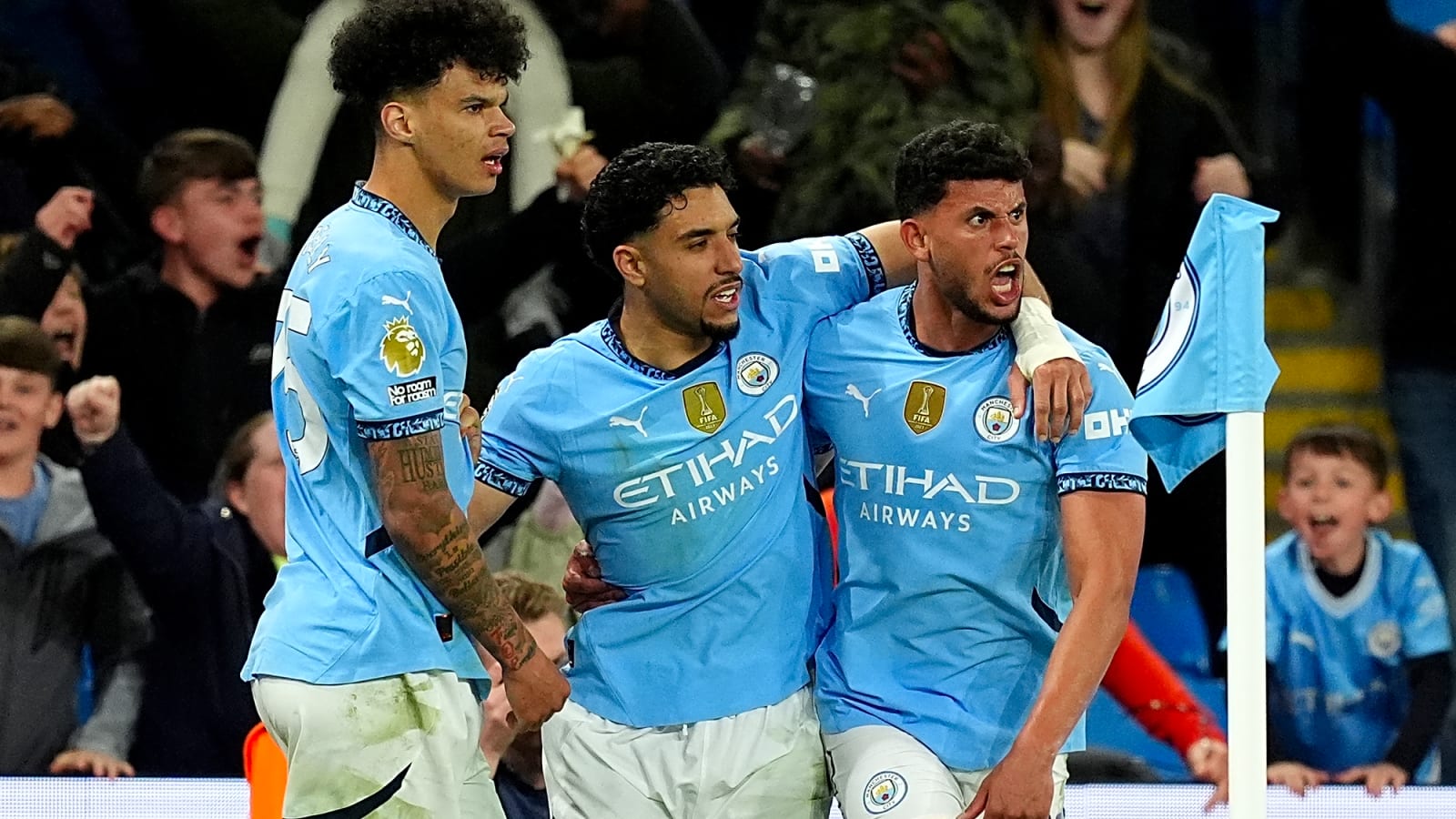
The FIFA Club World Cup 2025, launching June 14 in the U.S., introduces a bold, 32-team format, replacing the old seven-team event. Running until July 13, it pits clubs like Manchester City, Chelsea, Real Madrid, Juventus and Inter Miami against teams from every continent. FIFA envisions a quadrennial showdown to crown a true world champion, hosted in 12 American stadiums, just weeks before Europe’s domestic seasons kick off. Yet, the tournament’s ambition is shadowed by controversy over its timing and motives.
Global Growth, Real Stakes, and a Shot at History
This Club World Cup offers a rare spotlight for non-European clubs. Teams like Morocco’s Wydad AC or Brazil’s Flamengo get to test themselves against elite sides, fostering global competition. For fans, especially in the U.S., it is a chance to see world-class football up close, like Lionel Messi’s Inter Miami versus Egypt’s Al Ahly is a dream matchup. Players chase a prestigious trophy, a chance to etch their names in history. The broadcast deal with DAZN, covering 63 matches, pumps revenue into the sport, potentially narrowing the gap between football’s haves and have-nots. Is it a step toward a more connected, competitive global game, with one true champion?
A FIFA Money Grab Disguised as Competition?
Critics, however, see a poorly disguised and badly timed cash cow. With the final just 33 days before the Premier League’s 2025-26 start, players face burnout after already grueling seasons. Player unions and leagues, including the PFA, have filed legal challenges, citing FIFA’s disregard for welfare. European heavyweights like Manchester City, who face Juventus in the group stage, are expected to dominate, dulling the stakes. Many clubs view it as a glorified preseason, risking injuries for stars like Erling Haaland or Cole Palmer ahead of crucial domestic campaigns. Sparse crowds and lukewarm motivation could sap the event’s energy, especially with Saudi-backed funding raising ethical questions about its priorities.
As Manchester City and Chelsea navigate group stages, with City in Group G, and Chelsea in Group D against Flamengo and others, the tournament’s success hinges on fan engagement and a rather large competitive fire. FIFA’s gamble could redefine club football or expose its overreach. Either way, the world will be watching, wondering if this is a historic leap or a misstep, with many in the game crying foul.
Related: Two Windows, One Headache: EPL’s Bold Club World Cup Transfer Fix
More must-reads:
- Three players on the rise for U.S. Men's National Team
- Mexico defeats USMNT to claim 2025 Gold Cup title
- The 'MLB active strikeout leaders' quiz
Breaking News
Trending News
Customize Your Newsletter
 +
+
Get the latest news and rumors, customized to your favorite sports and teams. Emailed daily. Always free!








